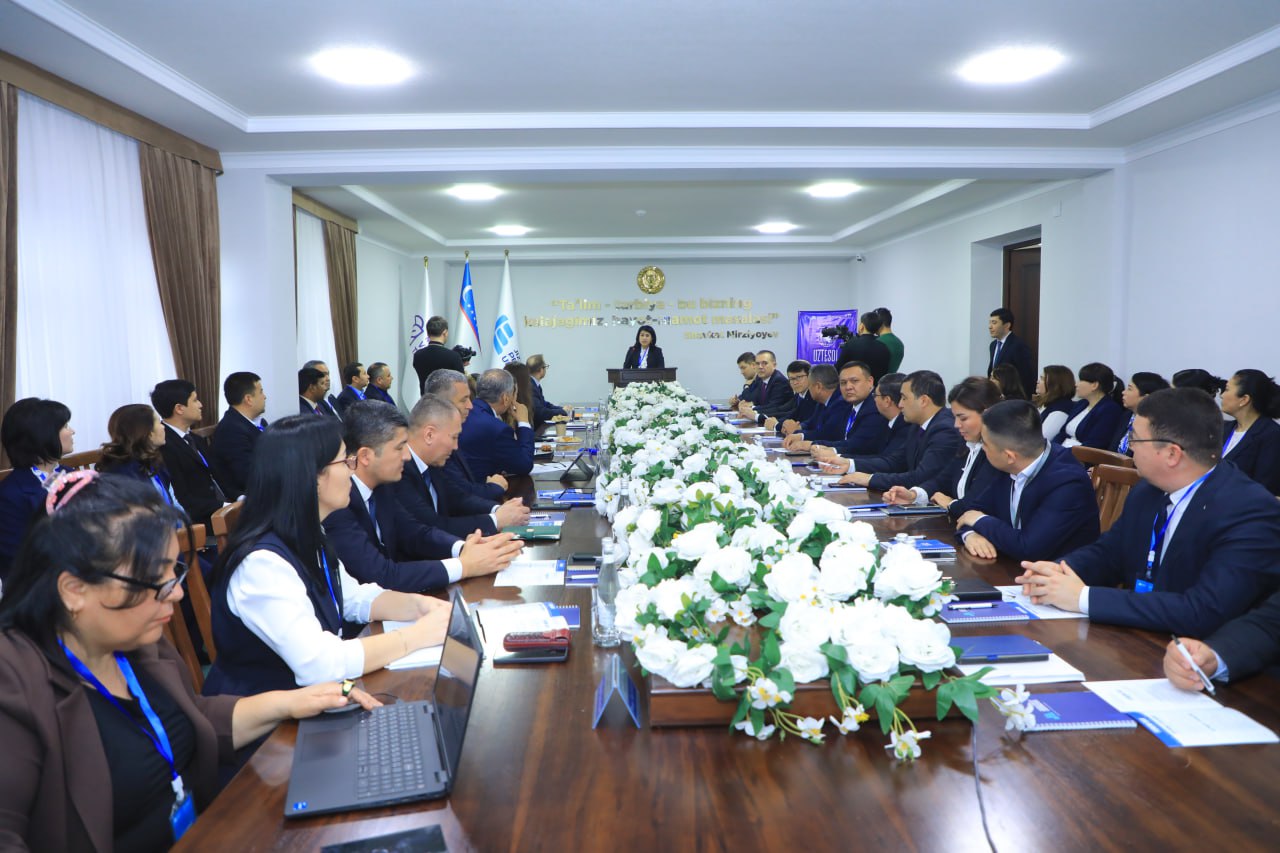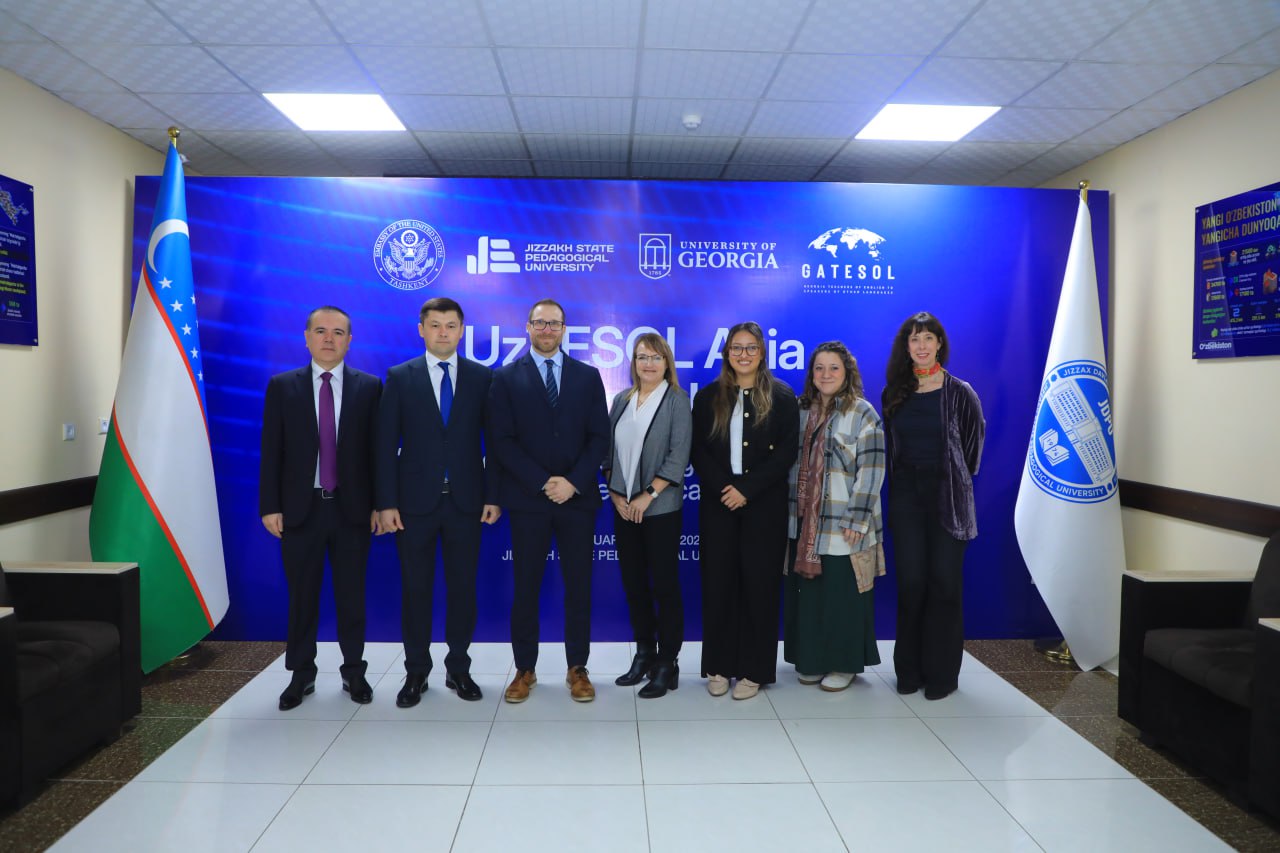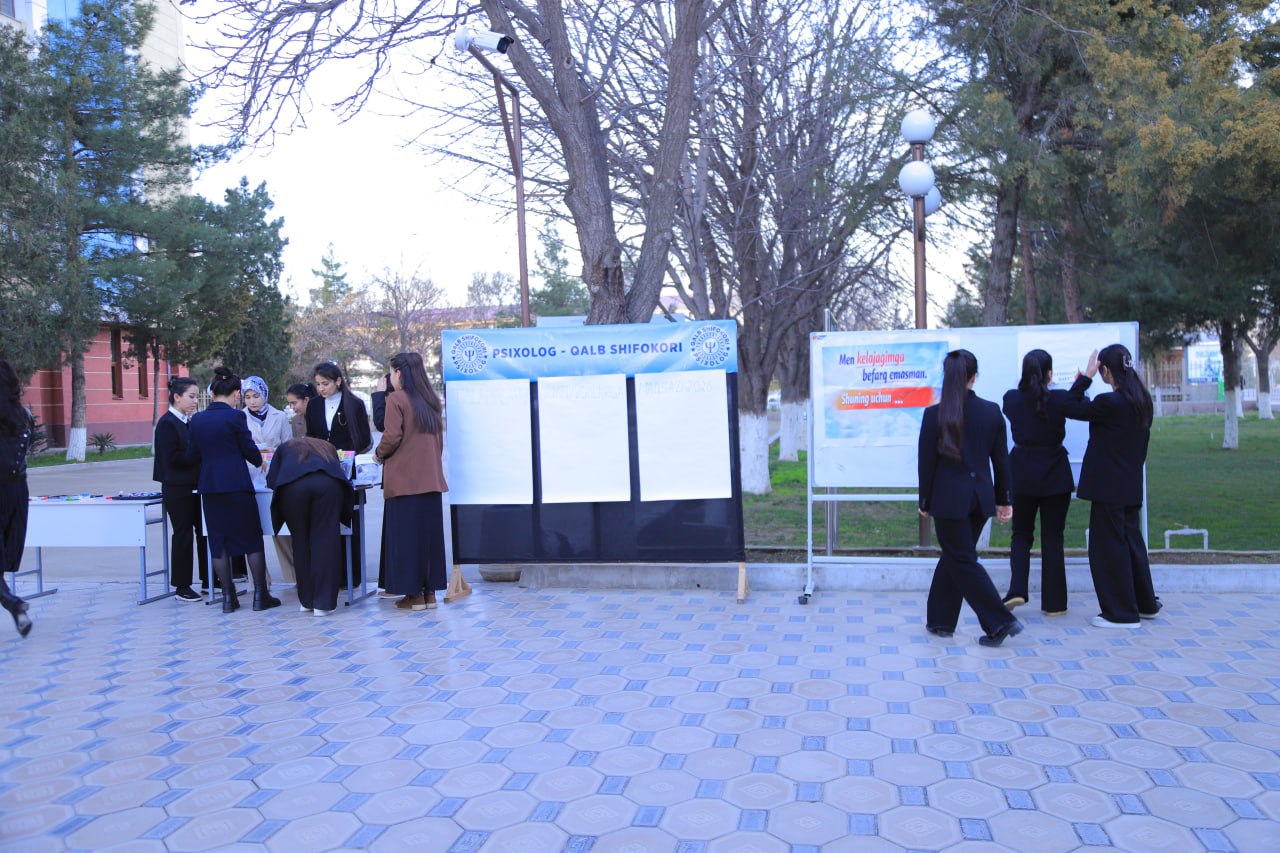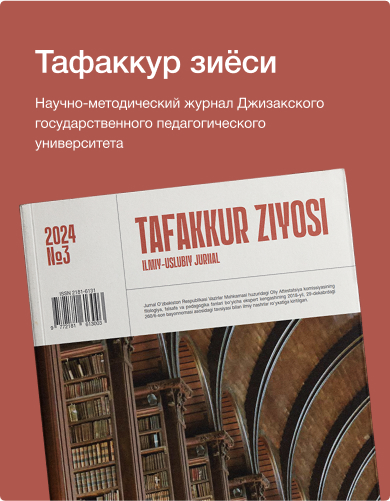Mamirova Gulnoza 1
Abstract: Scientific research competence in our view is a complex integrated concept, including a set of psychological and pedagogical, intellectual, technological knowledge and skills, abilities for empathy, reflexivity, self-development, theoretical and practical readiness for pedagogical activity and teaching a foreign language in particular. The author in the article analyzes the content of the concepts of “scientific competence approach” and “competence” from the point of view of the problem posed, defines the concept of “research competence” and substantiates the need for the formation of discursive competence. The author formulated the basic principles that underlie training in the formation of scientific research competence of students.
Keywords: scientific-research competence, logical-conceptual, ontological, objective representation, trajectory, general scientific, lingua-didactic, specific sublanguage, national culture.
INTRODUCTION
In the context of the competency-based learning model, the formation of the research competence of a future foreign language teacher becomes relevant, since it is the research skills of an individual, manifested in a special organization of his abilities that open the way for the development of an innovative style of professional activity of a future foreign language teacher.
Our analysis of the content of the concept of research competence showed that interest in research issues, due to the transformation of educational centers into centers of advanced science and technology, meets the trends and dynamics of the development of the modern educational space in general and the needs of individuals in particular [5, 8]. Within the framework of this study, the task was to purposefully analyze the structure and content of research competence as a factor, condition and means of building an educational space in higher education. In this regard, there was a need for a theoretical understanding of the phenomenon of research competence of the future teacher of a foreign language as an object of study in order to use it productively in teaching practice.
MATERIALS AND METHODS
When determining the structure and content of research competence, we proceeded from the organization of professional research activities, which is characterized by a set of logically built hierarchical operations and actions, including the selection of empirical data, the formulation of a hypothesis, the definition of a logical-conceptual apparatus, the choice of research methods, the formulation of evidence [ 1, 3, 4]. Consequently, the research competence of a foreign language teacher is defined as an ability, an integral quality of a person who is ready to carry out research activities on the basis of an acquired set of competencies that correlate with various aspects of research activities. Based on this, we distinguish the following competencies as part of research competence: methodological, design, cognitive-discursive, verification and innovation. All the identified competencies in the aggregate reflect the content side of the research competence of a foreign language teacher. The structure of each of the identified competencies that make up the research competence is represented by cognitive, effective-practical and personal components [5].
By methodological competence we mean a system of scientific knowledge, skills, mastered generalized methods of activity necessary for the organization, planning and implementation of scientific research. Methodological competence provides for active cognition, namely the extraction,
1 Jizzakh state pedagogical university Teacher of Practical course of English language
transformation and construction of new knowledge. In addition to subject knowledge, this block is based on procedural knowledge and intellectual skills, which are a complex set of analytical and synthetic actions aimed at decomposing the phenomenon under study, understanding each part of it in interaction with each other. Thus, methodological competence is the unity of structural components that reflect its content. Such components are content analysis, conceptual and categorical apparatus, research logic [1, 7].
Content analysis as part of methodological competence is associated with a quantitative and qualitative study of scientific sources in order to develop general provisions that characterize the relevance of the study, its target orientations, the level of problem solving, as well as the modern tools and technologies used. In other words, content analysis is reduced to an objective representation of the development trajectory of the problem under study, the definition of promising areas for its study. The specificity of scientific research is represented by a conceptual and categorical apparatus that reflects the essence of theoretical research and is designed to accurately describe the ontological side of scientific knowledge. The conceptual and categorical apparatus is a set of concepts and corresponding terms that forms the mental and linguistic apparatus of science and determines its boundaries and topical issues, a thesaurus that covers all the terms used in the study with their scientific interpretation, a complex of interrelated components that reflect key content-functional aspects of the conclusions obtained by the author.
The key categories of linguodidactics are secondary linguistic personality, foreign language communicative competence, learning technology and a number of others. Recognizing the very possibility of the existence of a linguodidactic category directly related to the subject of linguodidactics, we believe that the conceptual and categorical apparatus of linguodidactic scientific research is a closed system of categories (general scientific / specific / particular scientific) and concepts that directly reflect linguodidactic reality, using the concepts of others to a limited extent. sciences, which allows a meaningful presentation of linguodidactic activity from the point of view of the object under study.
The logic of scientific research can be defined as a sequence of research steps that reflect the effective- practical side of methodological competence. It should be emphasized that the methodology for constructing the research logic is implemented based on the predicted end result and the proposed actions that will ensure the achievement of this result. The design of the research apparatus should be carried out in a strictly defined sequence: problem, object, subject, goal, hypothesis, tasks.
The implementation of methodological competence is based on the principles of objectivity, analysis, unity of theory and practice, completeness, consistency, consistency, as well as the genetic principle.
Based on the structure of competence, the student must know: the area of information retrieval; previous scientific experience in a particular field, criteria for its evaluation; methods and means of obtaining, systematizing, storing information; categories and concepts, their classification; terminological apparatus; methods of creating terms; be able to: formulate the purpose of information retrieval; analyze and evaluate the existing experience in solving problems in the past; determine the patterns of the formation of the problem and predict the prospects for its development; present the logic of a consistent theoretical and methodological understanding of the problem under study, justify its relevance; formulate the purpose of the study; own: methods of solving linguodidactic problems; information and bibliographic skills; ways and forms of presentation of scientific research (abstract, term paper, final qualifying work, scientific article), etc.
Mastering methodological competence involves the implementation of the teacher-researcher of the following functions: analytical, diagnostic, search, prognostic. The value of methodological competence allows us to formulate the requirements for conducting scientific research: to study the object on the basis of critical analysis; take into account the emergence of new trends and facts; observe the pragmatic focus of the study; follow the logic of scientific research and the rules of experimental work; use the categorical apparatus correctly, etc.
Design competence is a holistic education determined by a set of knowledge, skills and abilities to choose research methods and determine methodological approaches in accordance with the research
task, as a result of which the research goal is achieved, i.e. a personally significant educational product is obtained.
Based on the multidimensional nature of the linguodidactic object, in each study of this kind, a set of methods is used, due to the choice of a theoretical and methodological approach, which plays an important role in scientific research, as it allows: a) to streamline the terminological apparatus; b) determine new properties of the object under study; c) identify patterns and principles of its development; d) determine the problem of the object under study and formulate the prospects for the development of the direction under study.
The organizational component of the design competence includes the technological operations of using scientific equipment and the repertoire of research procedures, and its performing component reflects the search for evidence and arguments in defense of the hypothesis put forward.
RESULTS AND DISCUSSION
The principles for the implementation of design competence are activity, creativity, independence, focus on the final educational product.
Based on the content of design competence, the student must know: the classification of research methods and the limits of their application; principles and patterns of scientific approaches; possible databases; be able to: select a set of research methods that is adequate to the goal and the capabilities of the student; conduct purposeful observations, carry out experiments with variable conditions; use the achievements of modern technologies to solve the tasks; own: research technology; methods of analysis of research work in terms of its progress; methods for evaluating the effectiveness of completed projects.
Mastering this competence allows you to implement the following functions in the course of research work: systematizing, modeling, cognitive. Cognitive-discursive competence as an important component Research competence is a special type of communication between specialists in order to exchange scientific information and develop a common information platform. As a communicative- cognitive process, this competence is aimed at generating, perceiving and interpreting scientific discourse, i.e., expressing the communicative intentions of the participants in communication.
Cognitive-discursive competence has characteristic features that are largely predetermined by the specifics of the sphere of scientific communication, the product and means of which is a scientific text, which is understood as a subject-sign model of associated communicative activities of representatives of the scientific community, verbalizing fragments of scientific knowledge, a special sublanguage, national culture and professional social space in their global unity and interdependence [6].
The semantic structure of a scientific text is multilayered and includes various microstructures (empirical facts, hypothesis, theory), which generally obey the macrostructure (problem – solution), reflecting the logic of scientific research. Genre knowledge is a necessary part of cognitive-discursive competence, since this allows an individual not only to understand a specific text, but also to produce scientific knowledge in accordance with generally accepted scientific canons (article, monograph, abstract, lecture, evaluation lecture, etc.).
The genres of scientific speech are combined into a scientific style, which, realizing the intellectual and communicative function, serves the field of science and is characterized by generalization, accuracy, logic, unambiguous expression of thought and strict argumentation of scientific provisions.
The communicative component of logical-discursive competence is associated with the addressing of speech, i.e. its purpose, which reflects interaction with people. Therefore, the addressing of speech must be adapted from the point of view of its form matching the content and perception of the addressee. In this sense, this is a continuous process of interaction, which is realized as scientific communication unfolds, as well as a dynamic process that is in constant search for optimal means of expressing thoughts.
The principles of implementation of this competence are the principles of situationality, functionality, interactivity, and participation.
The content of cognitive-discursive competence suggests that the student must know: features of linguistic behavior in scientific and business situations; language means of expressing communicative strategies and tactics, general scientific vocabulary and special scientific terminology; features of the design of scientific writing; ethical rules of scientific communication; various forms of scientific discourse and the rules for its construction; be able to: manage their emotional state in accordance with the norms of scientific communication; demonstrate a tolerant attitude towards the subject and object of scientific discussions; present the material in a logical, accessible, expressive way; use scientific terminology correctly; organize scientific discourse according to the communicative situation; build scientific arguments; own: methods of perception and consideration of criticism; present the material, guided by the understanding of his listener; methods of correction in the process of presenting scientific material, bringing scientific controversy to consensus thinking; specific features of the genre design of the text; methods of constructing oral and written texts according to the communicative and stylistic features of scientific speech genres; generally accepted norms and rules of conduct in the scientific community.
The main functions implemented as a result of mastering this competence are informational, stimulating, cognitive, expressive, and creative.
Verification competence is aimed at obtaining knowledge, skills and abilities in managing one’s research activities, regulating its content both quantitatively and qualitatively, based on the reliability of the data obtained. Verification is the process of establishing the truth of scientific statements by their empirical verification, which includes: a) an experimental method for testing theoretical positions, which ensures effective research of the object; b) adequate presentation of the results in the form of a reasoned scientific text [7].
Based on the nature of verification competence, we single out organizing, reflective and corrective- evaluative components. The organizing component is the knowledge, skills and abilities that make it possible to clearly formulate the research task, to determine the best ways to implement it. The reflexive component is an analytical and evaluation block, which includes activities for understanding and evaluating the results of research activities. In turn, the corrective-evaluative block is responsible for interpreting the results of the study.
The leading principles of verification competence are the principles of accuracy, reliability and validity.
Within the framework of this competence, the student must know: the sequence and planning of verification activities; criteria for evaluating the phenomenon under study; methods and techniques of correction; be able to: set tasks for interpreting the results of the study; choose assessment tools, build control strategies and highlight the objects of verification; own: variable methods of control; correction technologies; computing skills with the involvement of information technology; methods of mathematical processing of research results.
The main functions of verification competence include regulatory, corrective, evaluation, and prognostic.
Innovative competence is closely related to the concept of innovation, which, in the context of our work, we consider as the final educational product that arises on the basis of the subject’s creative- theoretical and subject-practical activities. In addition to creating an educational product, innovation involves the process of introducing it into educational practice in order to update it. It should be noted that the introduction of innovation means positive changes in the personal development of the participants in the educational process [2].
In the structure of innovative competence, we single out educational, regulatory and reflexive components. The educational component is associated with the introduction of an educational product into pedagogical practice, which involves familiarizing consumers with this product, forming a
positive attitude towards it, learning to implement it in practice and monitoring the implementation of the process. The regulatory component is the self-organization of research activities, which requires a clear goal setting, the formulation of a research problem, and the definition of ways to solve it. The reflexive component is an analytical and corrective block, which includes activities for the implementation of research results.
CONCLUSION
Accordingly, students should know: the concept and signs of innovation; levels of innovation; ways of evaluating innovative activity; be able to: determine the degree of innovation of the final product; evaluate the effectiveness of innovation; own: methods of introducing innovations in the educational process; innovative technologies; criteria and indicators for evaluating the effectiveness of innovations. The formation of this competence requires compliance with the following principles: adaptability, activity, participation, variability, methodological expediency. Possession of innovative competence ensures the implementation of the following functions: developing, intensifying, stimulating, and creative.
REFERENCE
- Research activities of students: allowance / av.-comp. T.P. Salnikov. – M.: TC Sphere, 2005. – 96 p.
- Kotlyarova, O. Innovative systems of advanced training: monograph. / AND ABOUT. Kotlyarova. – Chelyabinsk: Publishing house of SUSU, 2008. – 320 p.
- Kraevsky, V. Methodology of scientific research: textbook / V.V. Kraevsky. – St. Petersburg: SPbGUP, 2001. – 148 p.
- Methodology and methods of psychological and pedagogical research: allowance for students. universities / V.P. Davydov, P.I. Obraztsov, A.I. Uman. – M.: Logos, 2006. – 128 p.
- Formation of a bilingual personality based on a competency-based approach / ed. G.A. Baev.
– St. Petersburg: Publishing House of St. Petersburg. un-ta, 2012. – 270 p.
- Khomutova, N. Scientific text: integral approach: monograph. / T.N. Khomutov. – Chelyabinsk: Publishing house. center of SUSU, 2010. – 333 p.
- Yakovlev V. Pedagogical concept: methodological aspects of construction / E.V. Yakovlev,
N.O. Yakovlev. – M.: Humanitarian. ed. Center Vlados, 2006. – 239 p.
- Hunter, D. What does it mean to be globally competent / W.D. Hunter, J. White, J. Godbey // Journal of Studies in International Education. – 2006. – Vol. 10, No. 3. – P. 267–285.





